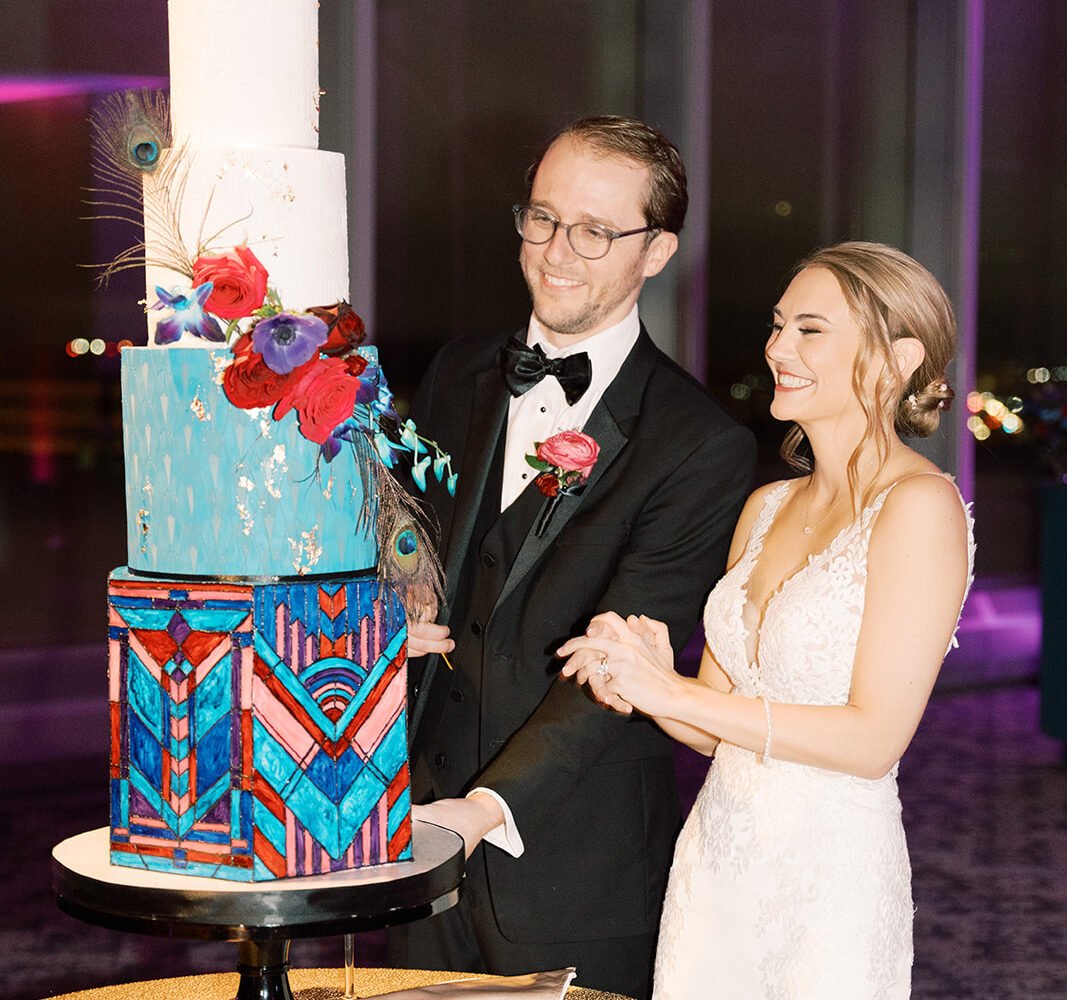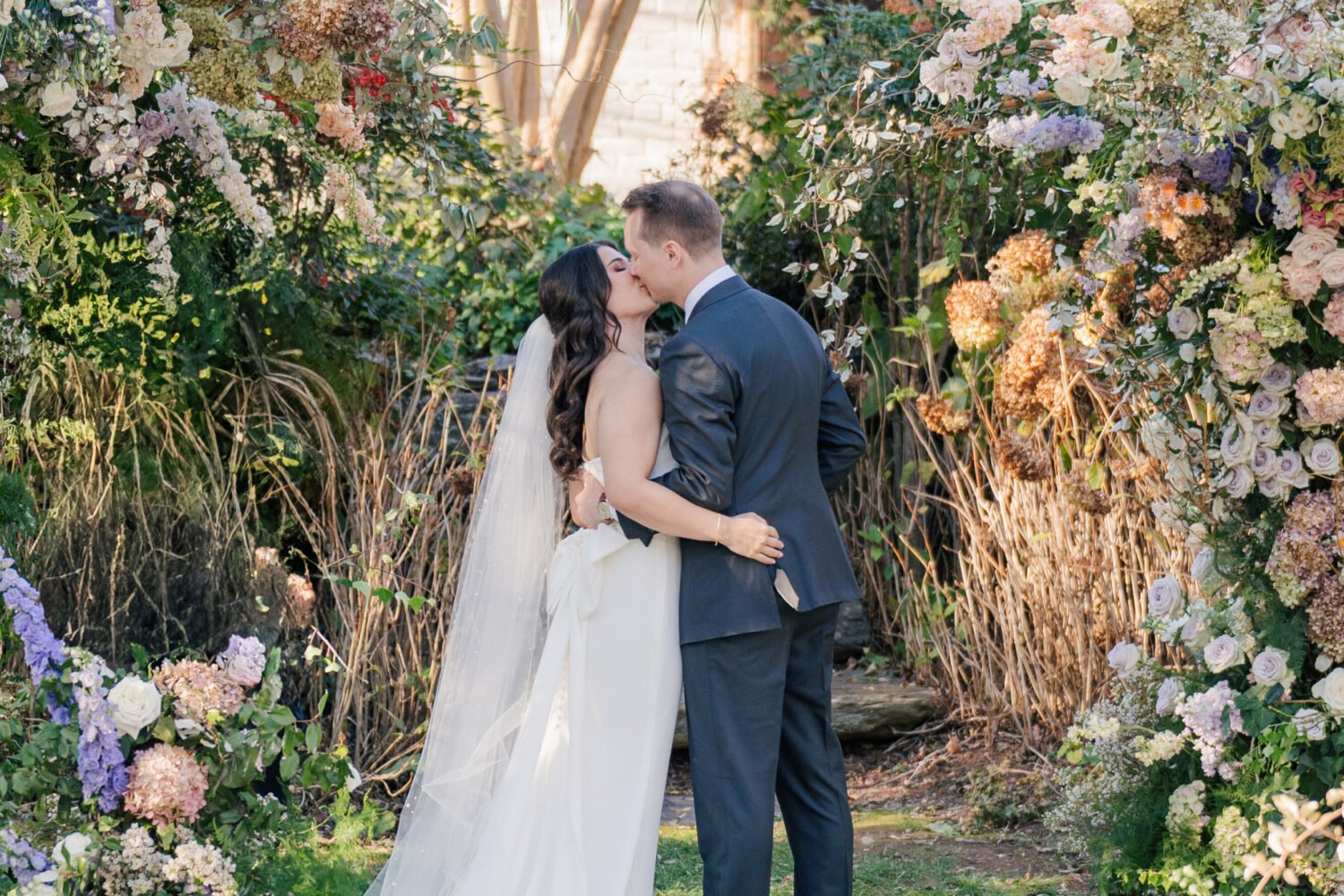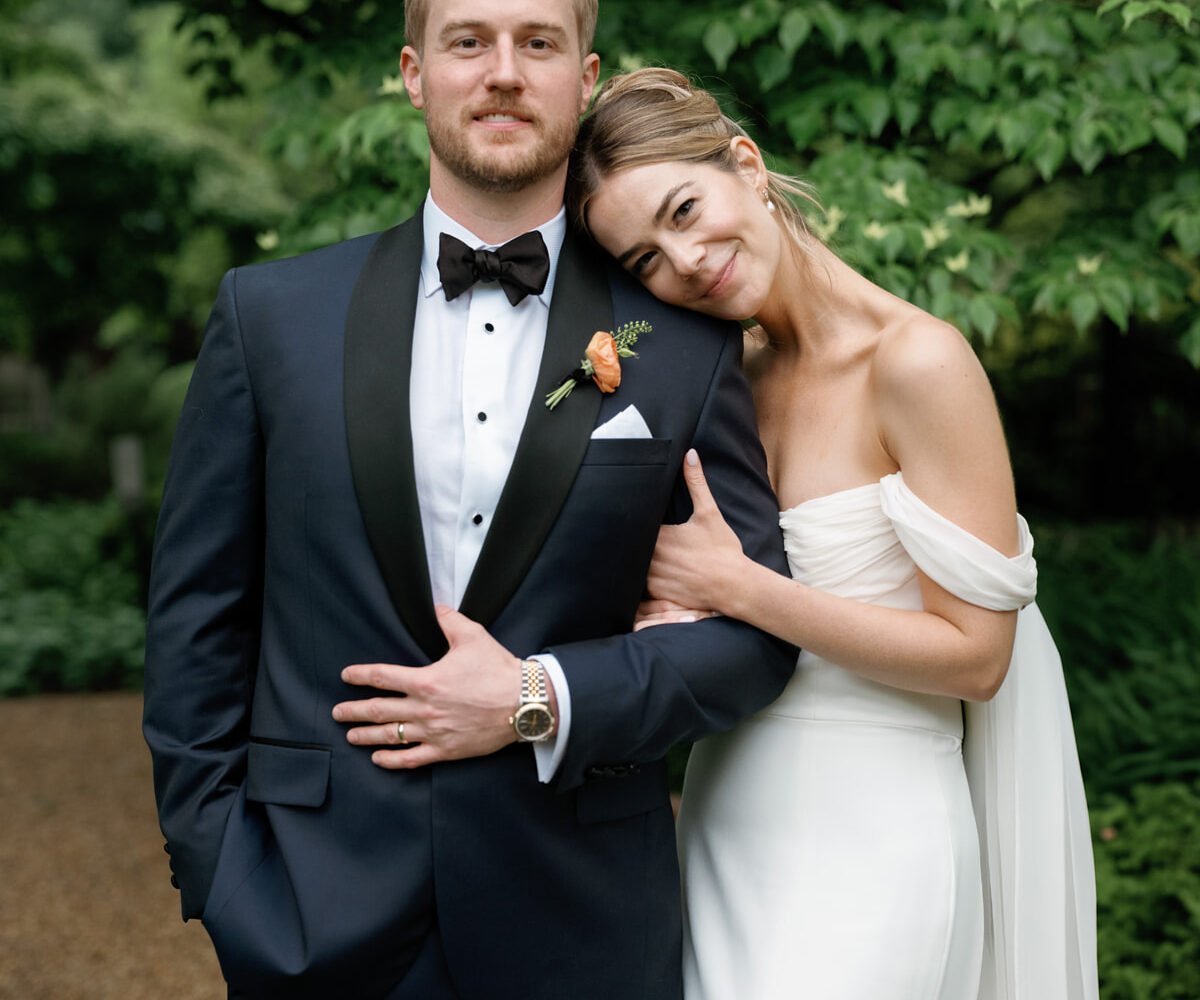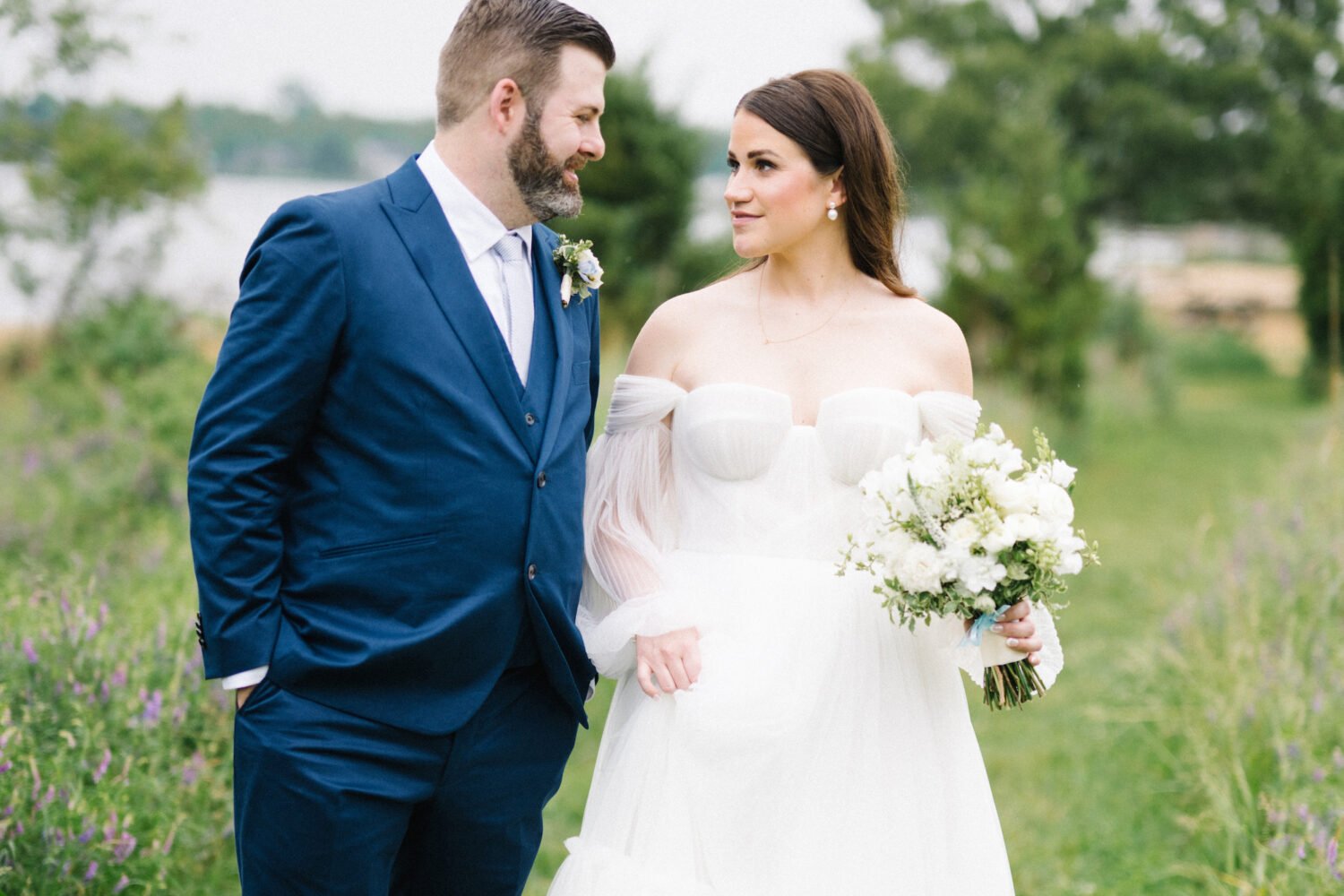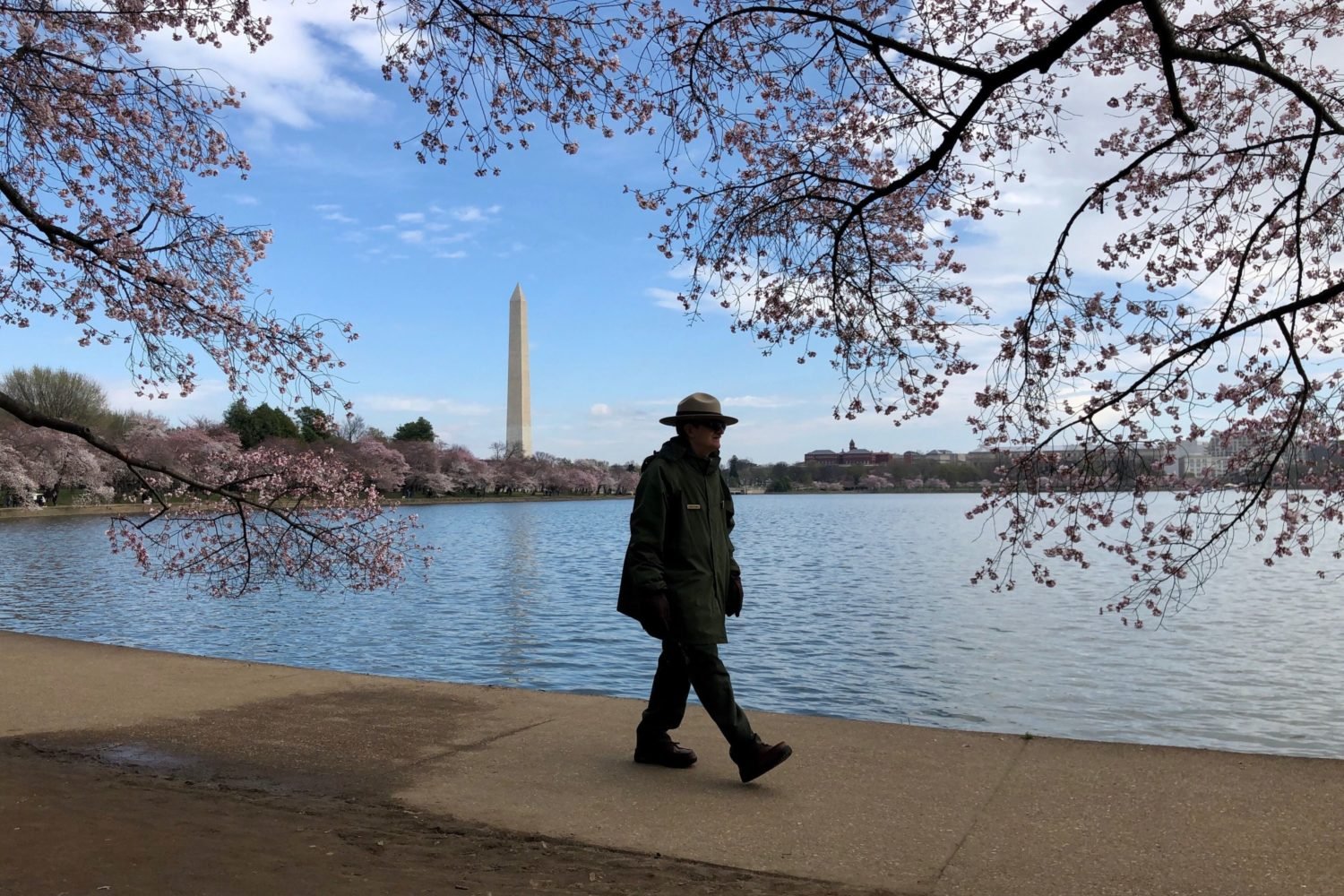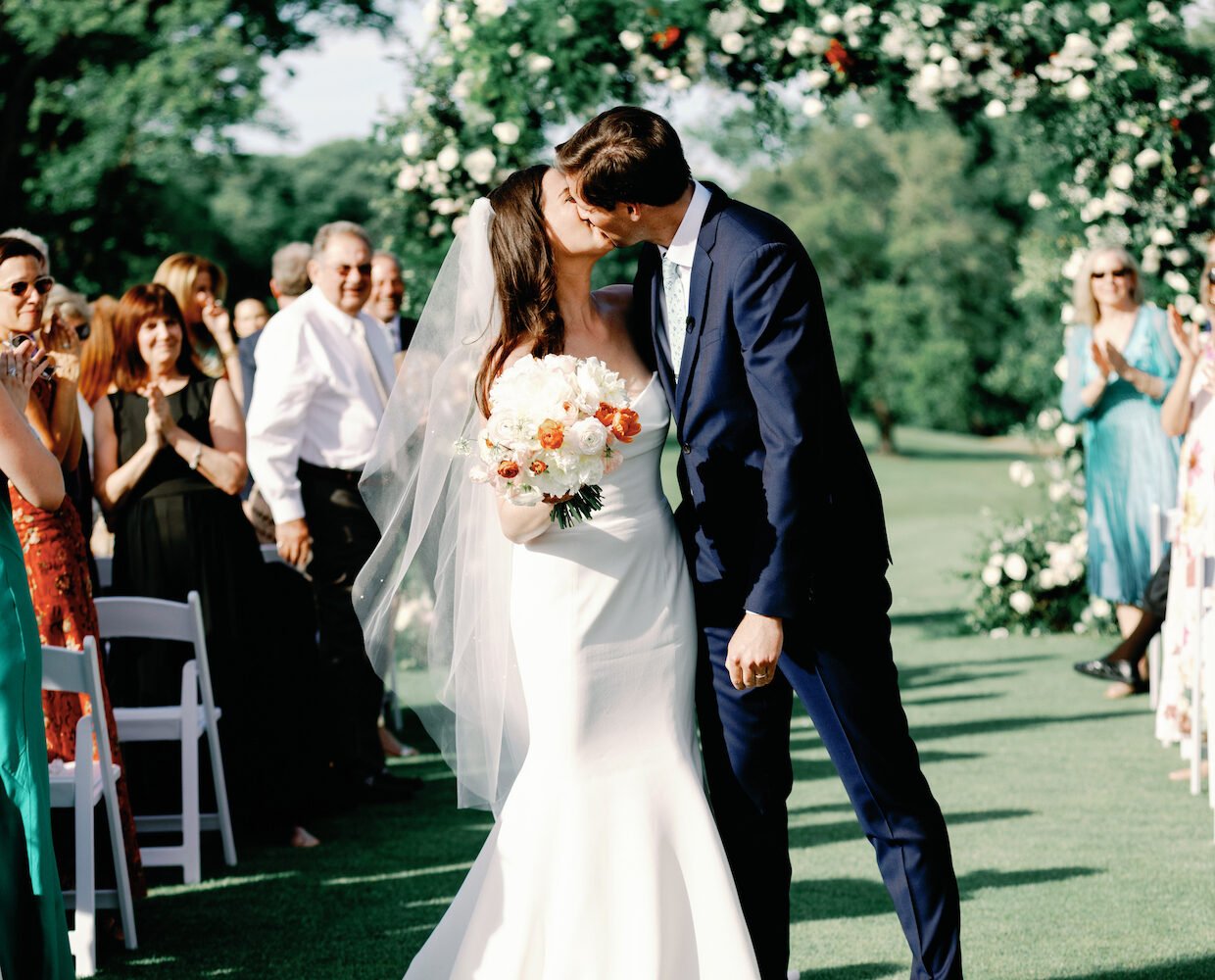About Coronavirus 2020
Washingtonian is keeping you up to date on the coronavirus around DC.
Yesterday the CDC announced a new recommendation that all events of 50 people or more be canceled for the next eight weeks, and this morning Maryland Governor Larry Hogan banned all gatherings of more than 50 people. That includes, no doubt, a lot of weddings. For weeks, the wedding industry has been grappling with growing concerns about the coronavirus, and the increased urgency to practice social distancing, but this new recommendation will certainly draw a line for even more couples who had been on the fence about rescheduling their upcoming nuptials. If you’ve decided to postpone your wedding, or are wondering what that would look like, read on. We chatted with wedding planner/designer Lauryn Prattes to get all the steps you’d need to take and the tips to consider if you have to postpone your wedding because of coronavirus.
Get more Washingtonian Weddings inspo:
Newsletter | Instagram | Facebook | Pinterest
Here’s what to do:
1. Don’t panic.
2. Contact your planner.
3. Get acquainted with your vendors’ contracts.
4. Discuss a backup plan.
5. Talk to your vendors and develop a new plan.
“Call each one individually,” says Prattes. “They will respect that you reached out directly and it gives you the opportunity to have some honest conversations and walk through the process together. I would follow-up the call with a detailed email outlining what was discussed in writing to be sure everyone shares the same understanding and then followup with contract revisions.”
6. Make a decision and let all guests know promptly.
“Many stationers (such as local stationer Emily Baird) have been offering to make complimentary images with a note for their clients to email or send via Paperless Post to guests letting them know of the postponement,” says Prattes. “The sooner you send that out, the better so that your guests are in the know. You don’t need to have a new date [in order to let them know the wedding has been postponed.] You can either say that you will follow-up with an email or mailing with the updated date shortly, or you can request they reference your wedding website for evolving details. Once you do have the new date, we recommend mailing or sending via Paperless post a new save the date (this can be simple and to the point). Unfortunately if you have already sent invitations we suggest you send a new one with the new date, details and RSVP information for guests 8 weeks prior to the new date. The price for a re-print won’t be the same cost as the initial invitation suite was, and can also be much simpler if needed. If finances preclude you from being able to resend invitations then I think in this extenuating circumstance sending a paperless post invitation and adding RSVP to your website is acceptable.”
7. Update your wedding website with whatever details you have.
“Don’t forget to update your room block booking links on your website for the new dates!” adds Prattes.
6 Tips for a More Seamless Switch
- For the smoothest transition to a new date, and likely the least financial impact, try to keep your original vendor team intact. “This may mean being a little flexible with days of the week,” says Prattes. “If you’re looking at fall 2020, a Saturday will make it almost impossible to find a date that works for everyone. If you have a full indoor venue, November or December may give you more flexibility. If your wedding has outdoor components, you’ll have to look at September or October. Regardless, you may need to consider Fridays or Sundays or even a weekday. This fall Thursdays may be the new Saturdays for weddings…your guests will be understanding and will be looking forward to giving you the celebration you deserve!”
- If you can’t make 2020 work, offer to pay vendors now. “If you’re thinking about postponing to next year, consider offering to pay their vendors 75 percent or more of their contract now and then the final balance next year,” says Prattes. “These vendors were counting on that as income for this year – this arrangement not only helps take care of their vendors, but also may make a vendor a little more likely to be accommodating of the contract change when they know that they are still going to earn that income in 2020. Even with this arrangement you may incur some sort of additional financial costs, but this may help mitigate losses and help your vendors during this time as well.”
- Try to make a decision sooner than later so guests have an opportunity to rearrange their travel plans without major cost/loss. “You don’t want to make the decision to postpone too early—meaning if you are a summer wedding now is likely too early to make any decisions—but you don’t want to wait too late either. If you are inside of two-to-three weeks prior to the wedding the florist may have already ordered flowers, custom decor items may have been sourced or built, day-of stationery gone to print or food ordered by the caterer/hotel. At that point they won’t be able to refund you for those costs they have already incurred, so you may have to pay for things twice. Note: For couples whose weddings were coming up in the next week or two, talk to your florist and see if those flowers could be donated to a local hospital or food from the caterer donated to a local charity—especially one for children who are missing out on their school lunches right now.”
- Don’t worry about disappointing people: Surely some will be disappointed for you, but the majority of your guests will likely be relieved that they don’t have to make the decision of whether or not to cancel their RSVP themselves.
- “Once you’ve made your decision, try not to look back,” says Prattes. “Embrace the change as best you can. Don’t let it be a cloud over your wedding experience.”
- Allow yourselves to celebrate the intended date! “Although you may feel a bit sad on that date that you aren’t getting married, you can still make it a special day for you and your fiancé,” says Prattes. “If you are practicing self isolation, enjoy a day inside together. Start with breakfast in bed (with mimosa’s of course), take a walk down memory lane by making a slideshow of your relationship over time. If you were planning a signature cocktail try making it at home to enjoy together. Get dressed up and order a fancy dinner in, or cook something at home together and be sure to take a lot of pictures. Whatever you can do to still make it a special and memorable day for yourselves.”



